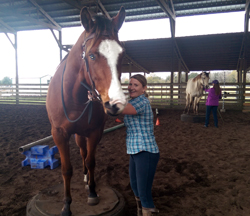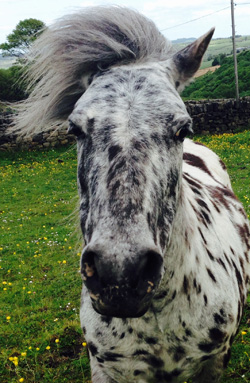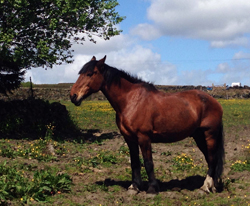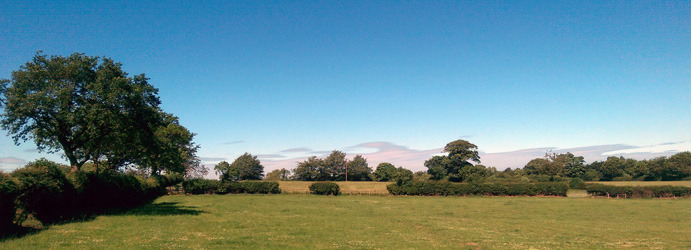Equine Assisted Psychotherapy
 Equine Assisted Psychotherapy and Equine Assisted Learning Association (EAGALA) was founded in 1999 in Utah, USA for professionals using equine therapy (horse therapy) to address mental health and human development needs.
Equine Assisted Psychotherapy and Equine Assisted Learning Association (EAGALA) was founded in 1999 in Utah, USA for professionals using equine therapy (horse therapy) to address mental health and human development needs.
There are now over 600 EAGALA programs, with professionals trained and certified through EAGALA, providing services helping change the lives of people with a diverse range of struggles such as street children in Mexico and South Africa, those suffering from addictions, depression and trauma, and improving relationships in families and groups. EAGALA has over 4,500 members in 50 countries.
Equine Assisted Psychotherapy (EAP) incorporates horses experientially for mental and behavioral health therapy and personal development. It is a collaborative effort between a therapist and a horse professional working with the clients and horses to address treatment goals. It is considered a short-term, or "brief" approach because of its intensity and effectiveness.
 EAP is experiential - this means that participants learn about themselves and others by participating in activities with the horses, and then discussing thoughts, feelings and behaviors.
EAP is experiential - this means that participants learn about themselves and others by participating in activities with the horses, and then discussing thoughts, feelings and behaviors.
The focus of EAP involves setting up ground activities involving the horses which will require the client or group to apply certain skills: non-verbal communication, assertiveness, creative thinking, problem-solving, leadership, taking responsibility and teamwork.
EAP is a powerful and effective therapeutic approach that has an incredible impact on individuals, youths, families, and groups. EAP addresses a variety of mental health and human development needs including behavioral issues, attention deficit disorder, PTSD, substance abuse, eating disorders, depression, anxiety, relationship problems and communication needs.
Horses may be naturally intimidating; they are large, dynamic and powerful living beings. This creates a natural opportunity for some to overcome fear and develop confidence. Working alongside a horse, in spite of those fears, provides insight when dealing with other intimidating and challenging situations in life.
 Meeting the horses in their environment offers us the opportunity to connect with them, to learn about ourselves and relationships with others. Horses may become a metaphor for someone or something in our life we want to get closer to, accept, challenge or move past. Working with horses provides insight into how we approach and overcome obstacles and challenges.
Meeting the horses in their environment offers us the opportunity to connect with them, to learn about ourselves and relationships with others. Horses may become a metaphor for someone or something in our life we want to get closer to, accept, challenge or move past. Working with horses provides insight into how we approach and overcome obstacles and challenges.
Gradually developing a trusting relationship with a horse can provide a template to assist in developing a healthy attachment relationship with people, particularly beneficial for young people who have experienced neglectful or abusive relationships with adults.
Horses live in a herd like families and like to be with their peers. Their survival is based on being aware of and in tune with their environment. Like people they are social with defined roles and are intuitively aware of the emotions of those around them. Horses have distinct characteristics and temperaments and they require individuals to approach and engage with them physically and mentally. Horses are honest and they are great readers of intent and non-verbal communication ‘mirroring’ body language and feelings.
The EAGALA model requires a team approach, a mental health professional, an equine specialist and horses work together with clients. The model provides a standard and structure for providing Equine Assisted Psychotherapy and establishes a foundation of key values and beliefs, providing a basis of good practice and professionalism. Within this there are infinite opportunities for creativity and adaptability to various therapeutic and facilitating styles.
There is no riding involved, instead specific ground based activities are utilized which address treatment/therapy plans.
The basis of the EAGALA model is a belief that all clients have the best solutions for themselves when given the opportunity to discover them. Rather than instructing or directing solutions, we allow our clients to experiment, problem-solve, take risks, employ creativity, and find their own solutions that work best for them.
